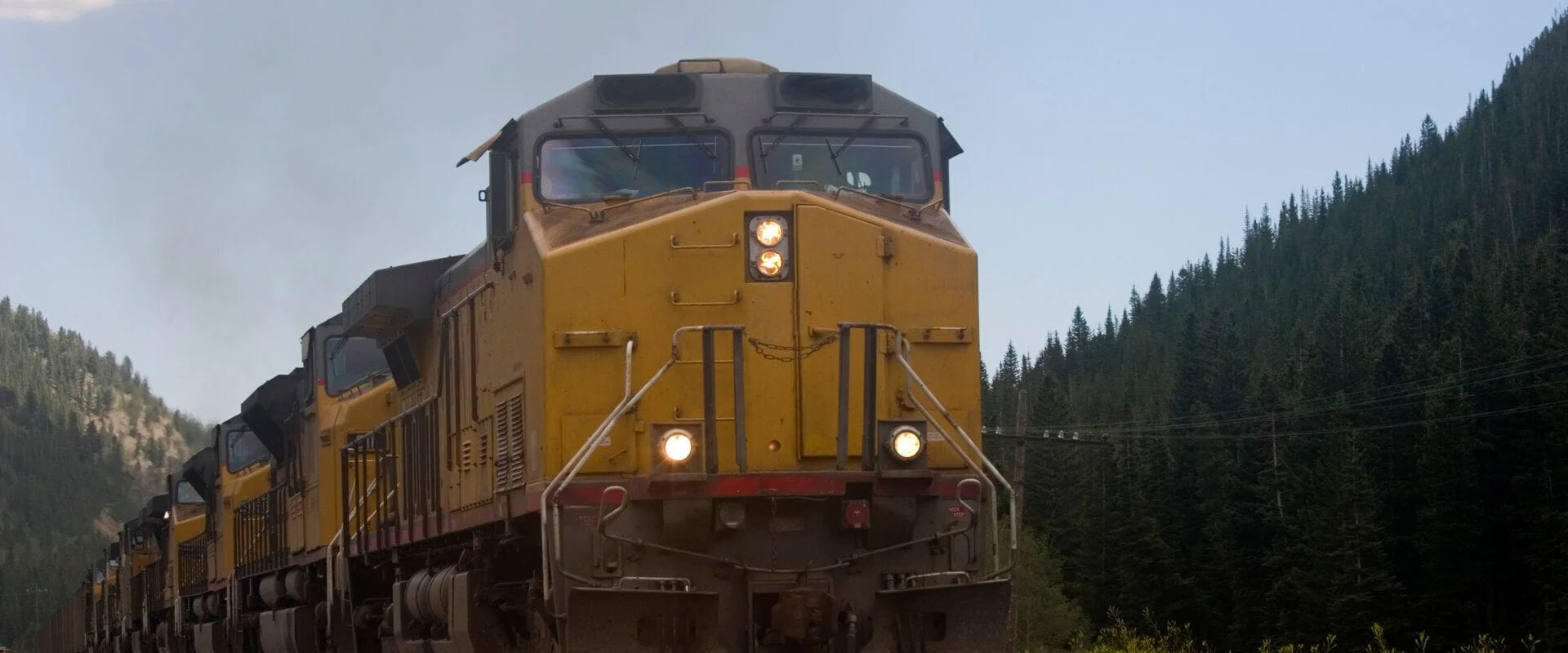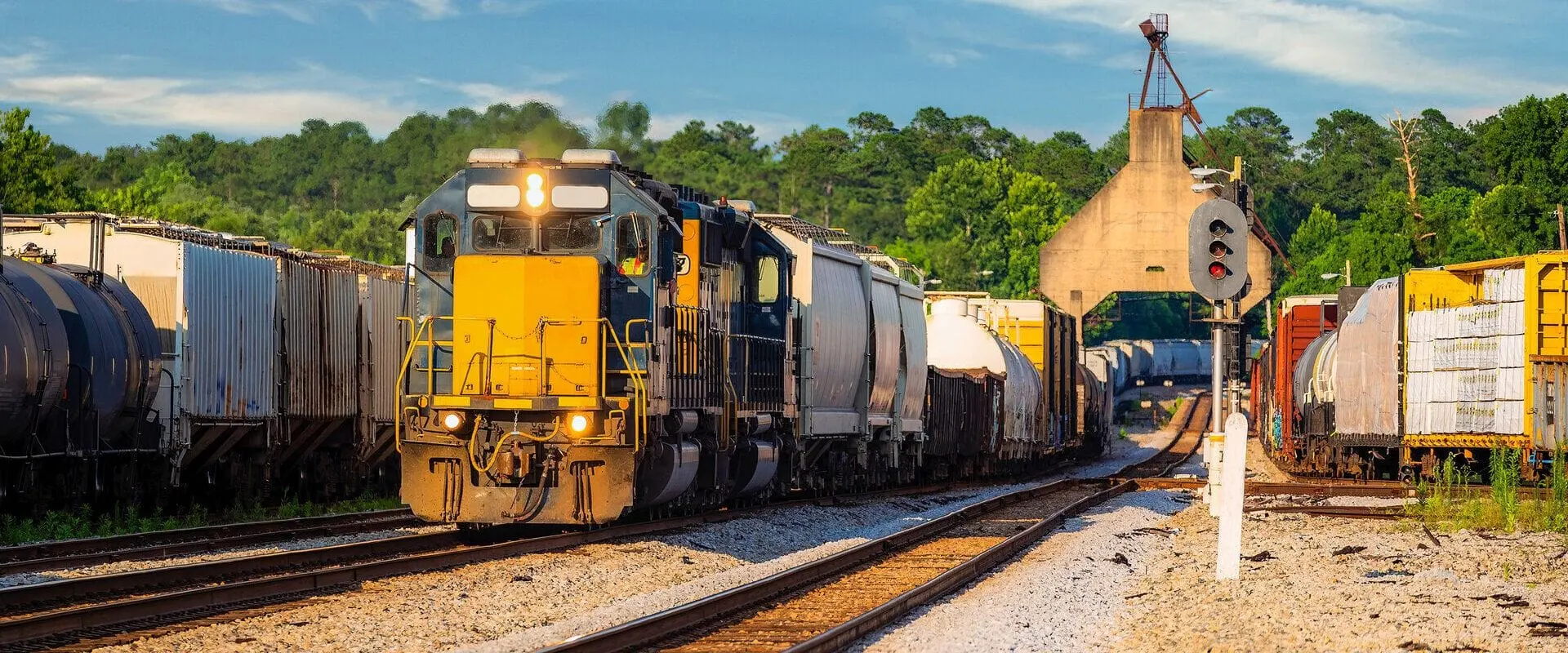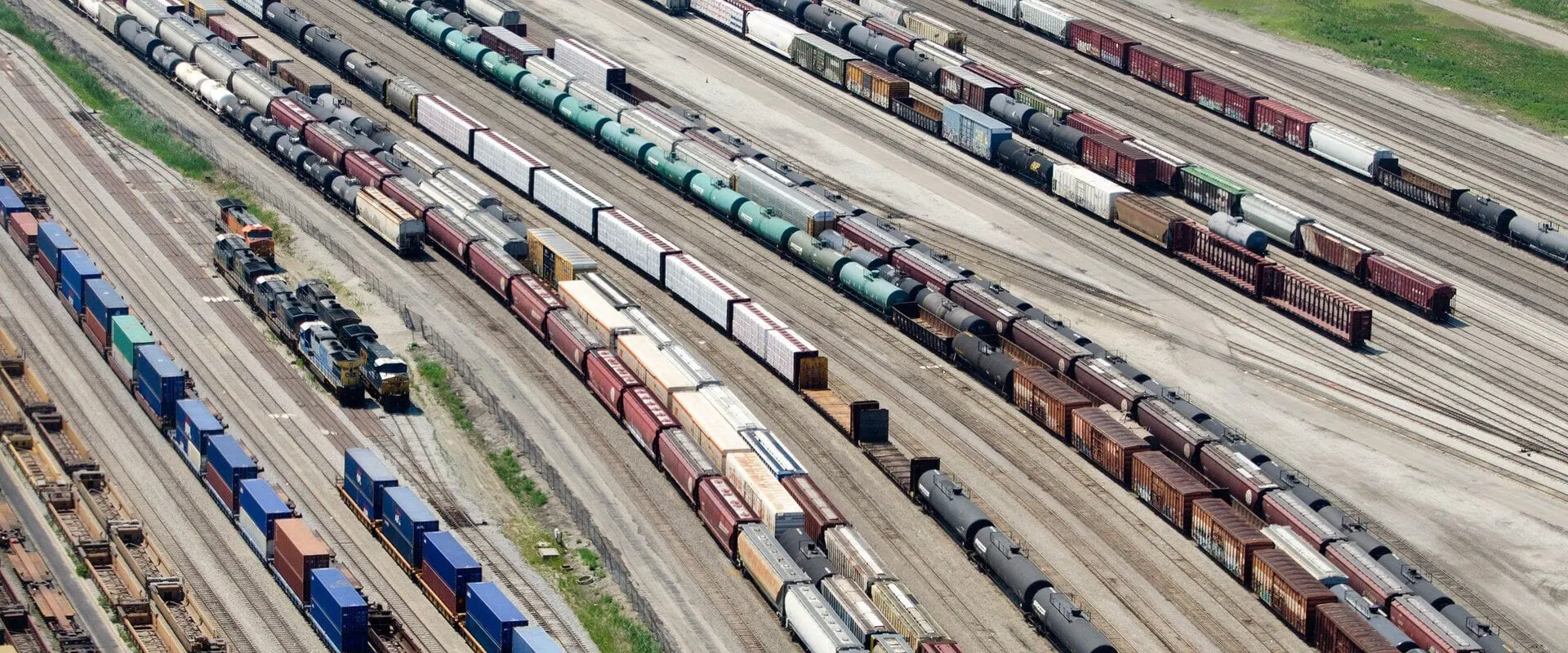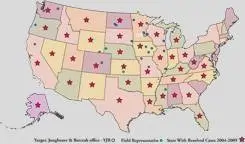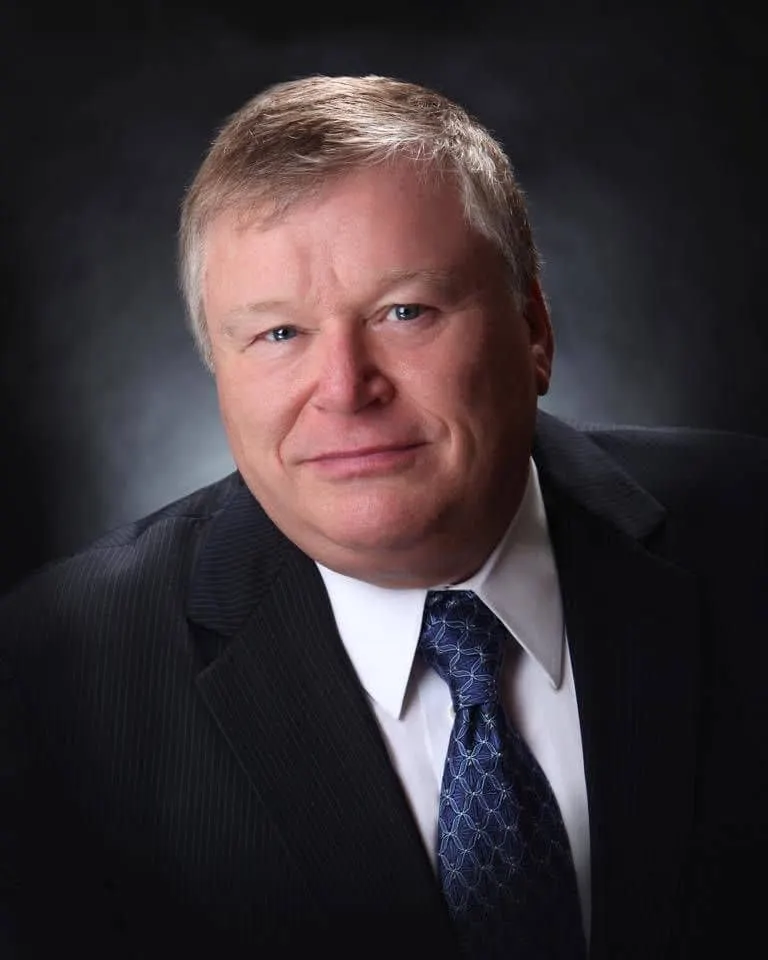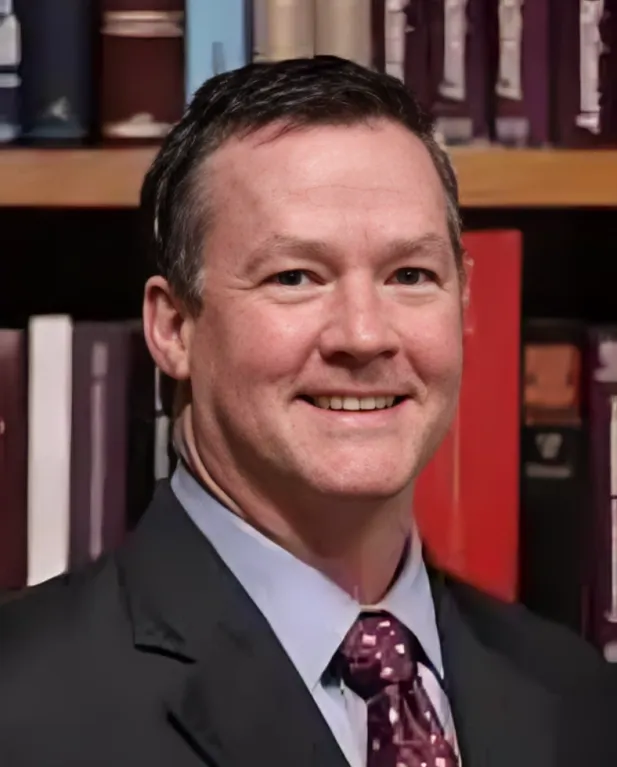About Yaeger & Jungbauer Barristers, PLC
For more than 90 years, Yaeger & Jungbauer Barristers, PLC has been the law firm railroaders and injured people turn to for help during the most difficult times of their lives. With a focus in railroad law, personal injuries, and whistleblower law, our firm is the place to go for unrelenting advocacy and recovering what you are owed.
Yaeger & Jungbauer Barristers, PLC dates back to 1929 when Carl L. Yaeger, Sr., the firm’s founder, was named a partner in the firm Davis, Michel & Yaeger. In the 1950s, two of his sons, Carl Jr. and Bill, joined the firm and soon after the firm became Yaeger & Yaeger. In the late 1970s, Bill Jungbauer joined the firm. By 1985, Bill Jungbauer was an active partner in the growing law firm and is now the firm’s Senior Partner and President.
The firm has a national reputation for success in our representation rail workers, injured people, and whistleblowers. Recognized as one of the premier Federal Employers’ Liability ACT (FELA) firms, we have handled thousands of FELA cases and related actions under the Federal Safety Appliance Act (FSSA) and the Federal Locomotive Inspection Act (LIA). We have represented injured railroaders in state and federal courts in more than 40 states.
At Yaeger & Jungbauer Barristers, PLC, each client receives close, individual attention and each case is pursued with the intention of obtaining the best possible result for you. Our attorneys are skilled litigators and negotiators, who know what to look for and how to assess each client’s claim to ensure that we obtain full value for each case. Our attorneys have regularly been selected as among the “Best Lawyers in America,” and we are the only plaintiff’s railroad law firm to have been named to U.S. News & World Report’s National Railroad Law Top Tier Every Year.
We also employee a large team of field representatives to make sure we can get to the scene of an accident quickly, preserve evidence, make sure the necessary injury reports are filed and help injured clients and their families resist any pressure to downplay their injuries or to agree to a quick settlement that is not in your best interest.
The firm’s clients include members of the Brotherhood of Locomotive Engineers and Trainmen (BLET); the United Transportation Union (UTU), Switchmen, Conductors, Brakemen; the Brotherhood of Maintenance of Way Employees (BMWE); the Brotherhood of Railroad Signalmen and the International Brotherhood of Boilermakers (IBBB).
Our headquarters is in Saint Paul, Minn. to better serve our injured clients
If you or a family member has wrongly disciplined or been injured in a railroad or other accident, call us right away. We will help you understand your rights and what you need to do next. We will advise you on how to respond to railroad or other company representatives, claims agents and insurance company representatives. In the event of an emergency after regular business hours, call our toll free number 800-435-7888 and we will have one of our staff contact you immediately. Our central location allows us to get anywhere in the country within a matter of hours.
See Bill’s entire interview for the Masters of the Courtroom series on ReelLawyers.com

